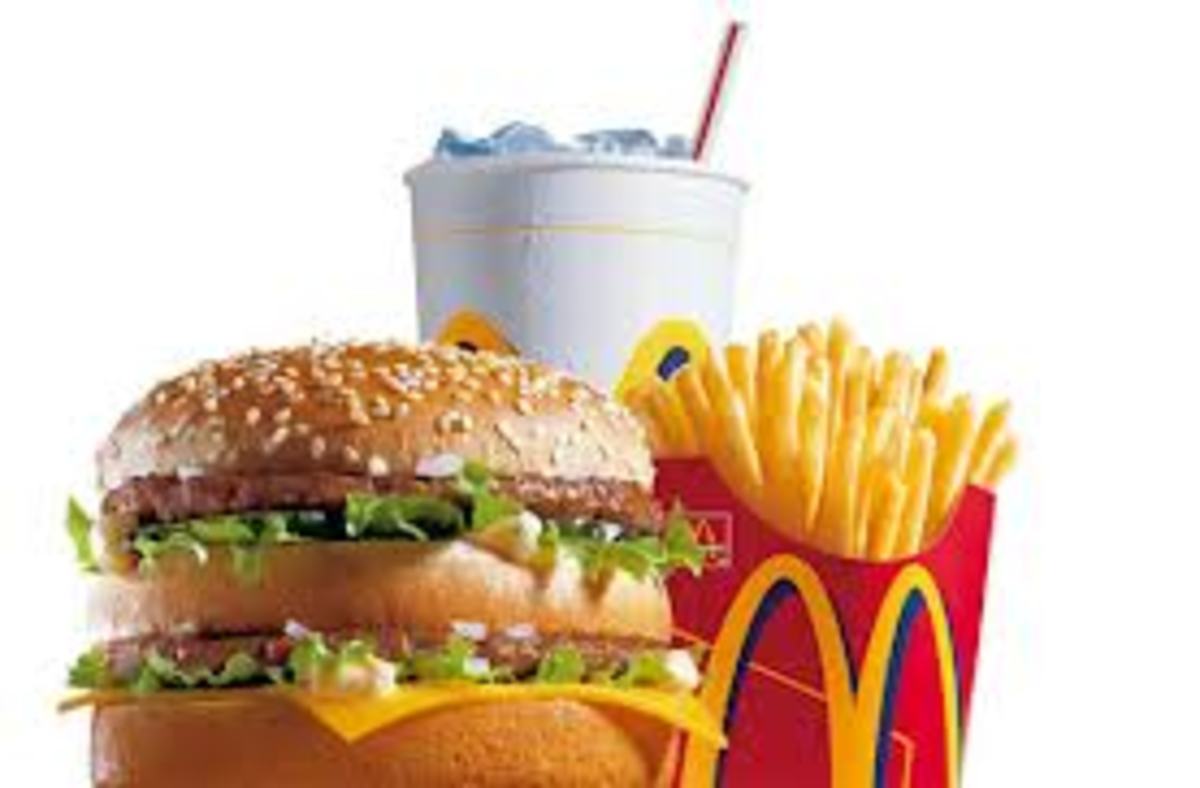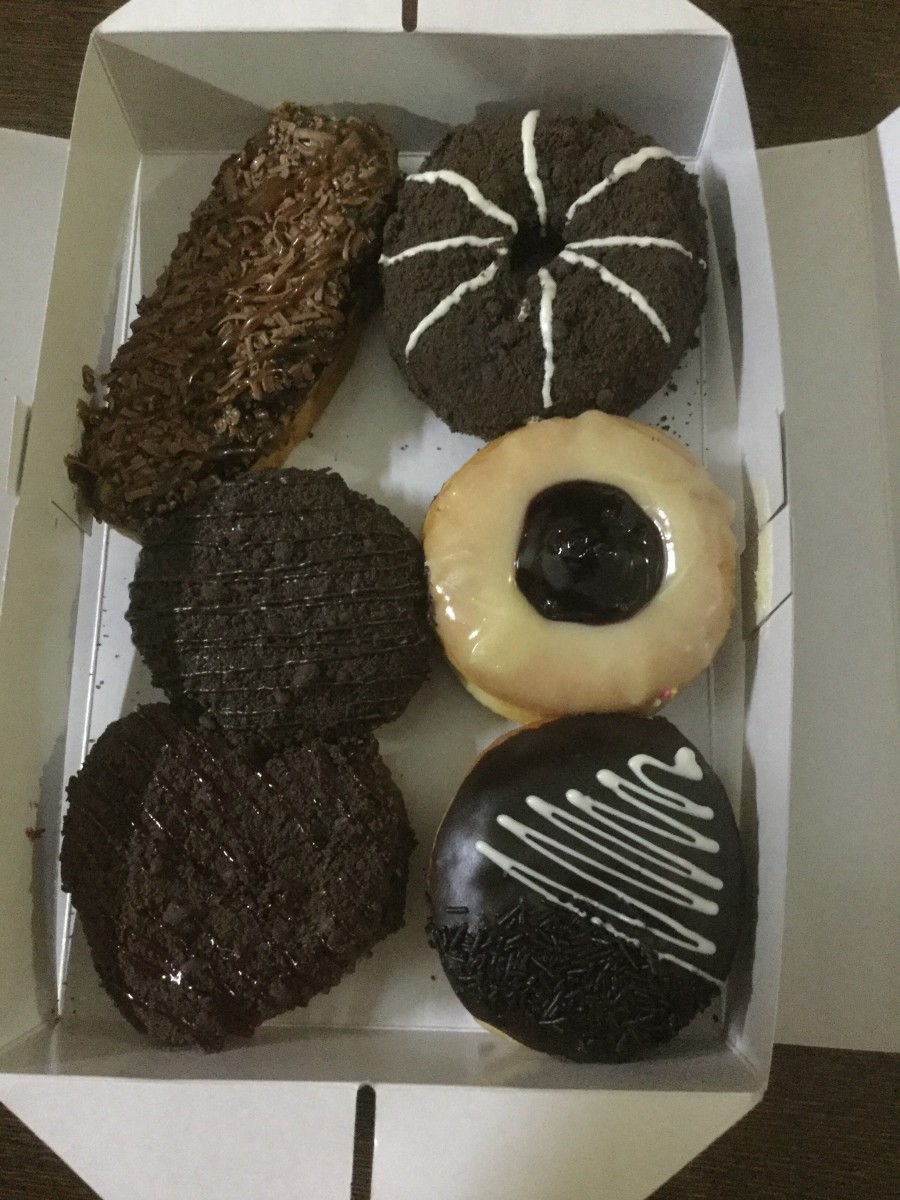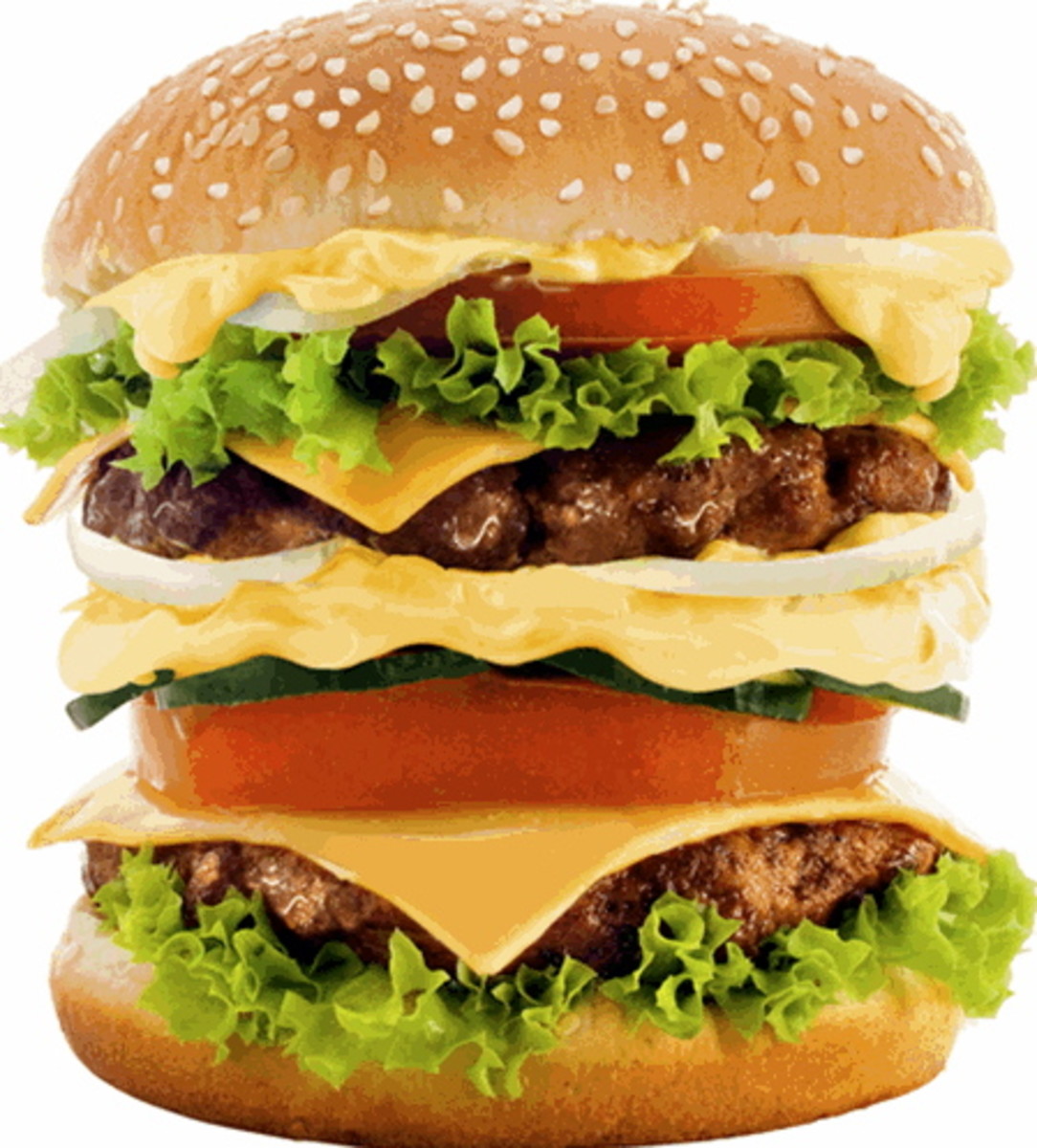Making - and Keeping - Goals (like New Year's Resolutions and Weight Loss)

You'll probably find in any survey, statistic or historic treatment that the chief difference between success and failure is persistence. Persistence is the first key word in helping you to realize your goals. The second key word is Responsibility.
Responsibility is often a mis-used concept when it comes to being successful. One example is when the little boy tells his teacher, "The dog ate my homework." Another more realistic and common excuse is, "sorry I'm late; the traffic was terrible." In these two situations, an entity outside the person giving the excuse is the cause of failure. But a more truthful answer should be, "I failed because of lack of attention to the matter." In the case of the homework, the little boy could have prevented his problem by keeping his homework in a place inaccessible to the dog. In the matter of traffic slowing a person down, then he/she should have left a few minutes earlier, or taken another route.
What this principle boils down to, is "You are responsible for your failures or successes." If you tend to blame others for your failures, then chances are, you will fail. Keeping these two principles in mind, let us now go through the mechanics of making and keeping goals:
First, make your goals realistic, and focus on the short-term.
Don't say, "I'm going to lose 70 pounds, starting now!" This could be too overwhelming, and is often the case even before the person makes the decision to start. Just say, I'm going for seven pounds less. I use the number seven, because a five-pound loss is sometimes the result of circumstances rather than assertive action. When a person loses seven pounds, then its a sign that whatever you've implemented is working. This, often, gives hope and encourages the person to keep up the program.
Also, don't say, "I'm going to keep the house antiseptically clean every day!" If you haven't been doing that prior to this new resolution, then you'll likely go back to your old ways within a few days or weeks. It's better to say, "I'm going to do one more thing each day (or week) that I haven't been doing before: I'm going to ______________________." That thing could be washing down the bathroom sink, or (if you already do that) use Lime-Away on the faucets once a week, whether it needs it or not. Doing this will always keep your faucets sparkling, and they won't gather the gray slime that builds up at the hard-to-reach corners around their base. Plus, it will help you to feel better, and there will be no room for guilt, because you now see that you can keep goals or new-year's resolutions. If you are a person that eats to assuage guilt, then you've eliminated another stimulus to over-eating.
Once you see that you've achieved this small goal, then you can choose your second weekly ritual, like wiping down the mirrors, or dusting behind the computer. You now have two weekly tasks that take only a few seconds, and can relax the rest of the week during the time you would be dusting or wiping. This way, you are not instantly killing yourself, and can progress gradually.
Secondly, don't try for instant results. You may wish to lose about 30 pounds before the next school reunion. Don't bother: the majority of those you'll meet will have the same types of weight or health problems. If you can manage to lose seven, it will be a start, and will be better than gaining another seven, because if you try too fast, your body will go into what is called a "famine panic alert," and will demand food constantly - even to the point of dreaming of goodies - until you're a basket case. You don't want to be a basket case for your next school reunion.
Third, turn short-range into long-range. Draw up a calendar; a chain of events that lead up to your long-range goal. Again, make the short-range goals realistic. It doesn't matter how long it takes you to do something, because if you try too hard, then your progress will be even slower, due to discouragement.
Secret hint: While doing all this planning and executing, never refer to the achievement of your goal as being in the future: If you continually tell yourself that "some day I'll be . . ." then your subconscious mind, which is very prone to suggestions, will usually help your conscious to postpone your progress and achievements to some ethereal future. Just say to yourself each morning (into the mirror would be good), "I'm not lazy; I'm a success; my business is a success; I'm losing all kinds of weight; I'm healthy, happy and rich in many ways; I keep house to everyone's satisfaction; I'm a good cook; I hate fast foods; everyone is impressed by my strength, persistence, stamina, achievements, and they respect me for it," and so on.
Guilt sets in when you fail a big task, even though you know deep down inside that the goal was unrealistic. It works the same way when reversed: When you achieve a goal, even though it was small and simple, you won't feel guilt, and life will brighten up for you. Then, as you progress forward with just little goals - little stepping stones - your outlook and freedoms will soar, and you will feel like you have the world at your fingertips. Your attitude will cause your countenance to glow, and people will take notice. They will say, "You look uncommonly great today!" When you ask them why, they often will not be able to put their finger on it. In other words, it's not just your weight loss, it's the total you - the you that has conquered the world!
As a bonus for reading this article, I will give you a small formula for losing weight. But as I said above, don't try for big results to start with: Just do a few pounds here and there, and decide in your mind that losing seven to ten pounds in six months is better than gaining another ten. Also, remember that this is free, and has helped me to lose 40 pounds. If something is free, and you know that the giver has nothing to gain by offering it, then you should realize that perhaps it's a legitimate system.
In a few words, it's this: Count your carbs and eat all the grease, protein and veggies you want. Don't worry about calories. Exercise 30 minutes a day, five or six times a week.
Here's a general chart for carb-counting; it will vary depending on your weight or circumstances, or your goals:
Breakfast: Consume 30-45 grams of carbs
Morning Break: 15g carbs
Lunch: 15-30g carbs
Afternoon Break: 15 carbs
Supper: 60g carbs, more or less
Evening snack: 15 carbs
In my plan I was quite lazy, and I often surpassed the carb count. I also slacked a bit on exercise. But I still lost, however slowly. But there is a good side to my slow progress: My body didn't go into "famine panic alert," which resulted in my not rebounding back to my original weight. Rebounding to original weight happens when weight is lost too quickly. Often, the rebound takes you even further overweight. Taking it easy is the best thing you can do in any goal-planning endeavor.








